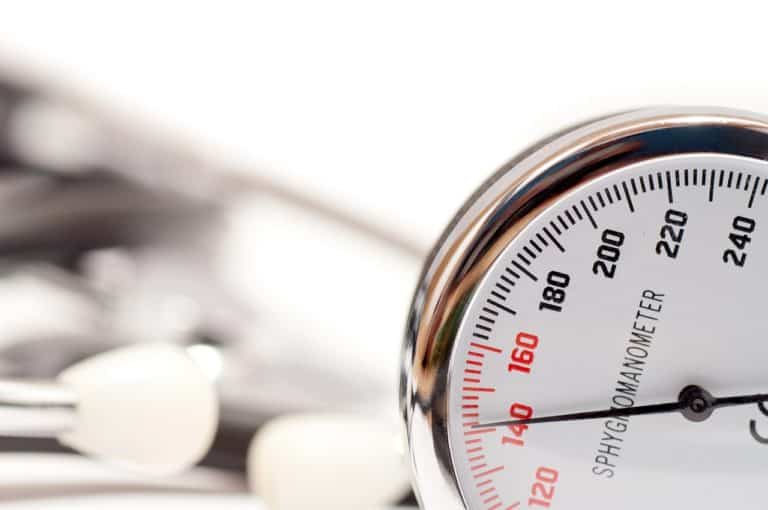A large study of more than 80,000 men found that those who take nonsteroidal anti-inflammatory drugs (NSAIDs) three times daily for more than three months are more than twice as likely to experience erectile dysfunction when compared with men who do not take NSAIDs at all or not regularly. To put it another way, it appears pain killers cause erectile dysfunction, at least in some men. The study has been published online in The Journal of Urology.
This study is not the first to find evidence that nonsteroidal anti-inflammatory drugs may be associated with erectile dysfunction. A study from the University of Tampere published in The Journal of Urology in 2006 reported on the relationship between use of NSAIDs and erectile problems in men ages 50 to 70.
Compared with men who did not use NSAIDs, those who did had a 2.6 times increased risk of erectile dysfunction. When the researchers considered men who had arthritis (the main reason the men used NSAIDs), the incidence of erectile dysfunction was 1.8 times higher than in men who did not take NSAIDs.
In the Kaiser Permanente observational study, a total of 80,966 ethnically diverse men aged 45 to 69 who were enrolled in the California Men’s Health Study were evaluated. Data was collected from electronic health records, an automated pharmacy database, and a self-reported questionnaire that asked the participants about their NSAID use and any problems with erectile dysfunction.
Of the study group, nearly half (47.4%) were considered to be regular nonsteroidal anti-inflammatory drug users, and 29.3 percent of these regular users said they experienced moderate or severe erectile dysfunction. Erectile dysfunction and NSAID use was strongly correlated with age. Regular use of NSAIDs increased from 34.5 percent in men who were 45 to 49 years old up to 54.7 percent in men age 60 to 69. The rate of erectile dysfunction increased in a like manner, from 13 percent to 42 percent.
Before making adjustments for age, ethnicity, smoking, race, body mass index, and presence of diabetes, high blood pressure, high cholesterol, and heart disease, the researchers reported that regular use of NSAIDs was associated with a 2.4 times greater risk of erectile dysfunction when compared with men who did not use the drugs regularly or at all. After these adjustments were made, there was still a 1.4 times greater risk of erectile dysfunction among regular NSAID users.
A question that arises from this study’s results is “why?” According to Steven J. Jacobsen, MD, PhD, the study’s senior author and an epidemiologist and director of research for Kaiser Permanente Southern California, because NSAIDs protect against heart disease (which is also associated with erectile dysfunction), it was believed this study would show NSAIDs to help protect erectile function. Now investigators need to uncover the reasons behind this mystery.
Even though this study found that regular use of nonsteroidal anti-inflammatory drugs may increase the risk of erectile dysfunction, the authors note that this is not a good reason for men to stop taking NSAIDs. This new information is a valid reason, however, for men who are using NSAIDs to discuss their use with their physician.
Read more in our Erectile Dysfunction Health Center
References
Gleason JM et al. Regular nonsteroidal anti-inflammatory drug use and erectile dysfunction. Journal of Urology 2011 Feb 21 online
Kaiser Permanente news release
Shiri R et al. Effect of nonsteroidal anti-inflammatory drug use on the incidence of erectile dysfunction. Journal of Urology 2006 May; 175(5): 1812-15







